Good morning everyone,
Violent Video Games are Dangerous: Today, I stand before you to address a matter that concerns not just gamers but each one of us violent video games and their potential dangers. As a student, I’ve witnessed the impact these games have had on my peers, and I believe it’s essential for us to confront this issue head-on.
Violent Video Games are Dangerous Speech
Video games have become a huge part of our lives. They’re fun, interactive, and sometimes even educational. But, not all games are created equal. There’s a darker side to gaming—the rise of violent video games that glorify aggression, brutality, and in many cases, dehumanize others.
Some may argue that these games are “just for fun” and harmless. But when you stop and think about it, does repeatedly engaging in simulated violence have no effect on our minds? Imagine immersing yourself in a virtual world where you’re rewarded for killing, fighting, or destroying everything in your path. Over time, doesn’t that start to shape the way we see the world?
Studies have shown that exposure to violent video games can desensitize us to violence. The more we see, the less shocking it becomes. What once would have horrified us, now feels like “just a game.” For young minds, this is even more concerning. Our brains are still developing, still learning what is right and wrong, real and unreal. When we blur the lines between fantasy and reality, we run the risk of normalizing aggressive behaviors.
Think about how these games affect our emotions. Have you ever played a particularly violent game and noticed your heart racing, your hands shaking, and your temper flaring? It’s not just the adrenaline rush; it’s the emotional toll. Violent video games can breed frustration, aggression, and impatience, emotions that can spill over into our real lives, affecting how we treat our friends, family, and even strangers.
There are also studies linking violent games to increased aggression in real life. No, I’m not saying that everyone who plays these games will become violent, but the correlation cannot be ignored. For some, especially those who are already vulnerable, these games can act as triggers for violent behavior, leading to serious consequences in their communities and personal lives.
Let’s also consider the way violent games distort our perceptions of problem-solving. In these games, conflicts are resolved through force, violence is the answer to every challenge, and compassion is nonexistent. This sends a damaging message, especially to young players. In a world where we need more empathy, understanding, and peaceful resolution of conflicts, violent games push us in the opposite direction.
As students, we are at a critical age where we’re shaping our values and beliefs. We need to be aware of what we consume and how it affects us. I’m not saying we should all stop playing video games, but we must be mindful of the content we engage with. Instead of indulging in games that promote violence, why not opt for games that encourage creativity, teamwork, and problem-solving in constructive ways?
In conclusion, violent video games are not just “games.” They have the power to desensitize us, influence our emotions, and warp our perceptions of conflict resolution. As young people, we must take a stand for our well-being and choose media that builds us up rather than tears us down. Let’s be mindful of the kind of messages we’re accepting into our minds and the long-term effects they can have on us and society.
Thank you.
The Rise and Fall of Empires Speech in English
बालपणाची निरागसता निबंध मराठी: Balpanachi Niragasta Nibandh Marathi
FAQs: Violent video games are dangerous Speech in English
2. Why are violent video games dangerous?
Violent video games can desensitize us to real-life violence, promote aggressive behavior, and distort how we solve conflicts, especially for young minds still learning about the world.
3. Do all violent video games cause harm?
Not everyone who plays violent games becomes aggressive, but repeated exposure to violence can increase frustration, anger, and numb us to violent acts.
4. How do violent video games affect emotions?
They can trigger heightened emotions like anger, impatience, and aggression, sometimes spilling over into real-life interactions with friends and family.
5. Is there proof that violent video games are linked to real-life violence?
Studies show a connection between violent video games and increased aggression, though not everyone is equally affected.
6. Should students stop playing video games?
Not all games are harmful. Students should choose games that encourage creativity, teamwork, and positivity instead of those focused on violence and destruction.
7. Can violent games influence young people more than adults?
Yes, young minds are still developing, and violent games can have a stronger impact on their behavior, emotions, and how they see conflict in the real world.


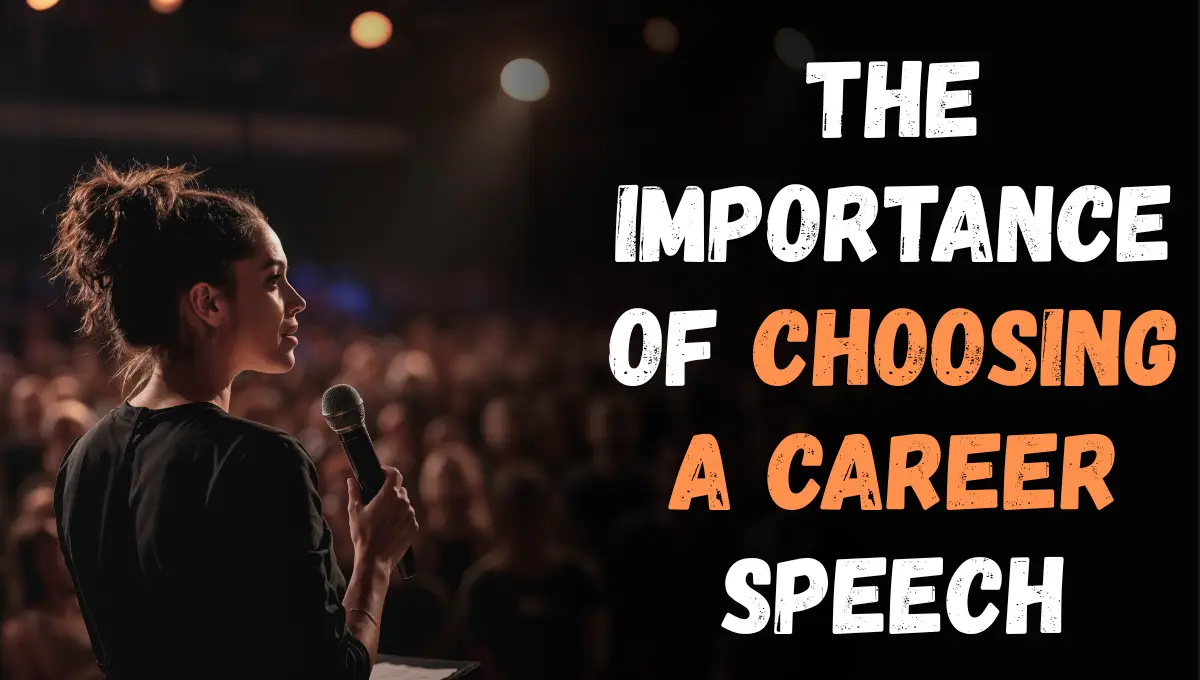



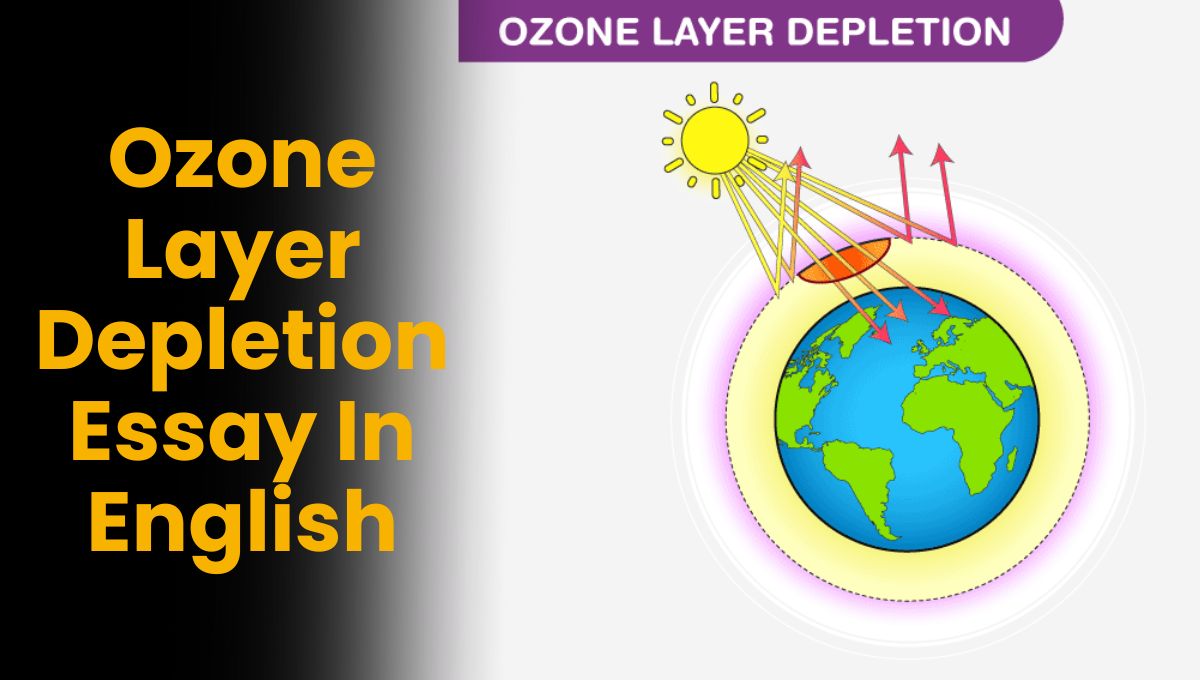

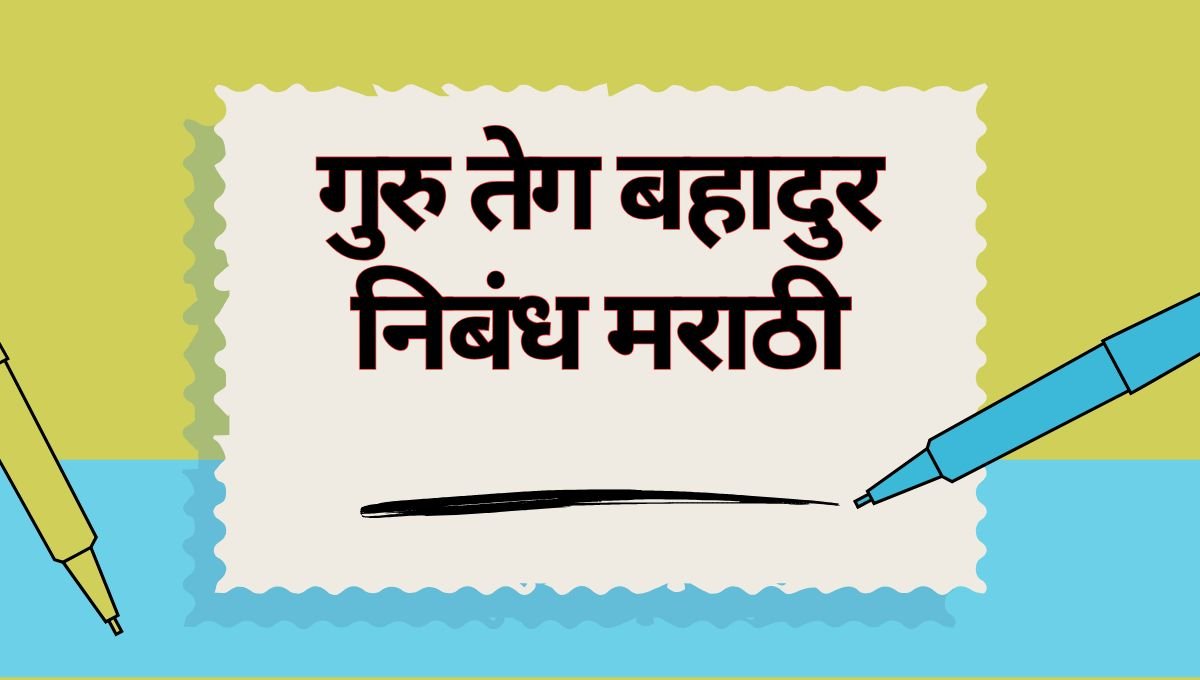

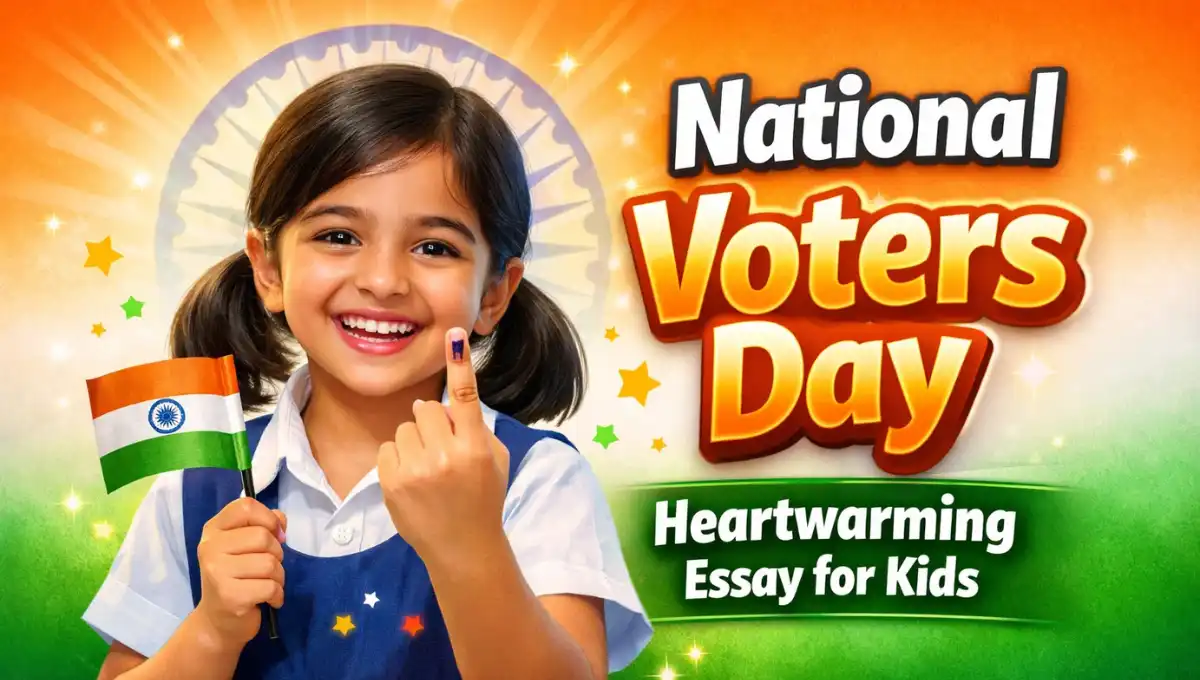
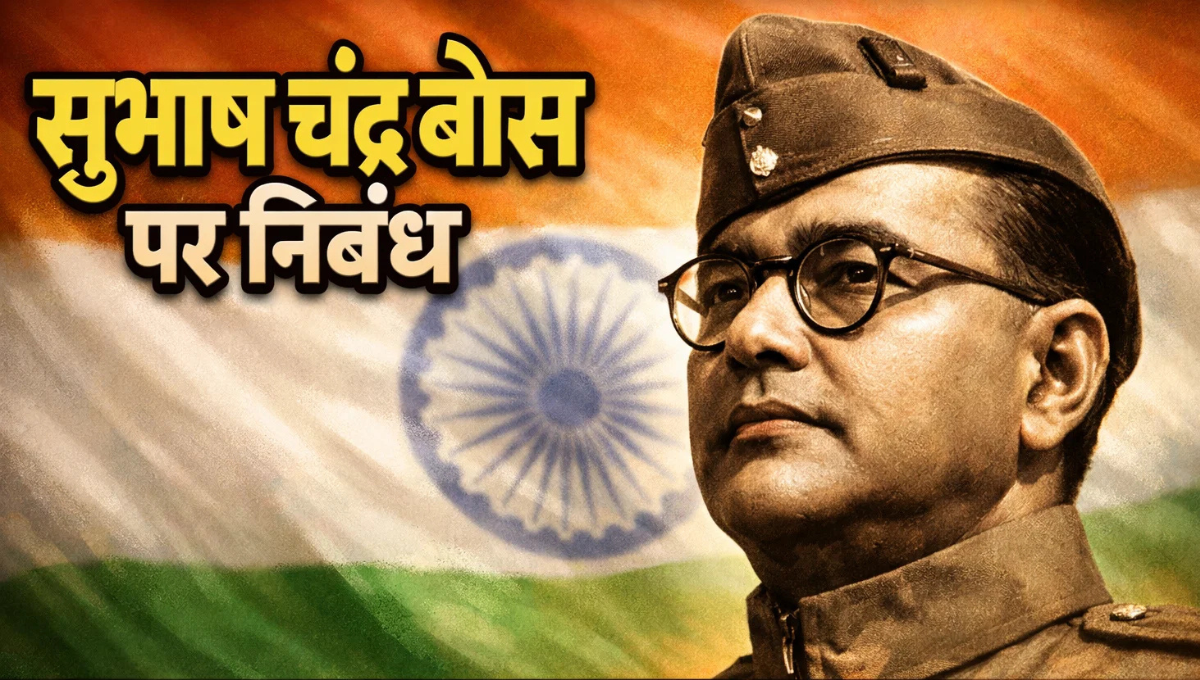





5 thoughts on “Violent Video Games are Dangerous Speech in English”